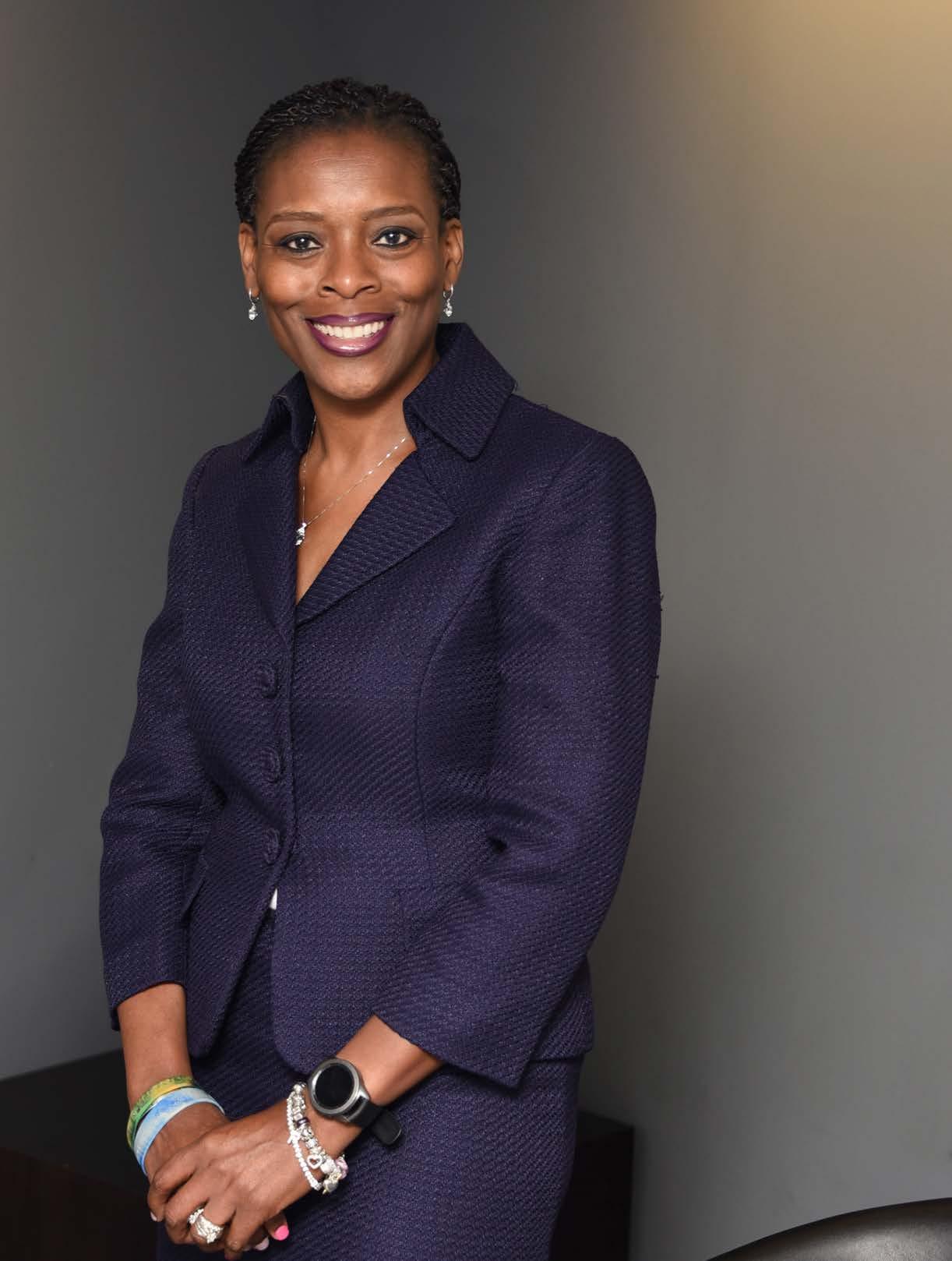FACULTY
STEM major leads to out-ofSouthwest professor celebrates 50th anniversary of the Apollo 11 moon landing
W
hen Southwest Associate Professor of Mathematics Bill Weppner graduated from college as a second lieutenant in the United States Air Force, little did he know that his bachelor’s degree in electrical engineering would propel his career to astronomical heights as a flight controller at the National Aeronautics and Space Administration. The job landed him in Houston, Texas, where he began the journey of a lifetime as a member of the Apollo spaceflight program, Missions 7 through 13. The year was 1968 when military personnel approached Weppner and asked him if he would like to be assigned to NASA in Houston. At the time, Weppner was completing a four-year tour at one of the Air Force labs in Massachusetts. “I jumped at the chance,” he said. “I had been following the Gemini program all along and was excited by the opportunity.” Project Gemini was an early NASA human spaceflight program that preceded the Apollo program. It also was a time when the United States was in a Cold War with then-Soviet Union and in stiff competition to build launch vehicles with the possibility of lobbing nuclear weapons at each other. “The Soviets beat us to the first human to orbit (the earth) when Yuri Gagarin completed his mission in April of 1961,” Weppner said. NASA’s human exploration into space came in 1962, when astronaut John Glenn completed his Mercury mission becoming the first American to orbit the earth. Seven years later, on July 20, 1969, the Apollo 11 program landed the first humans on the surface of the moon—astronauts Neil Armstrong, Edwin “Buzz” Aldrin and Michael Collins. Weppner was 32 years old when he arrived at NASA and one of about 200 Air Force officers assigned to all facets of human space flight, from mission planning and analysis, to landing and recovery. He had graduated from the University of Buffalo in 1959 with a bachelor’s degree in electrical engineering and three years later accepted an Air Force assignment through the University of Oklahoma where he earned a master’s degree in electrical engineering from the Air Force Institute of Technology. “You’d be surprised to know that most of the mission employees were just young kids straight out of college who only had a bachelor’s degree,” he said. 6 | SOUTHWEST NOW | SPRING 2020
“There were just a few, maybe three or four, who had a master’s degree, including myself. The one thing we all had in common: we were STEM majors.” Weppner knew his education and training in the Air Force would equip him with the fortitude to carry through on any project. Within a week and a half of being assigned at NASA, he was learning about the Apollo systems. “I had directed some small scale rocket sounding projects, so I was familiar with rocket countdowns and launch systems, but I had never worked as a controller on a console,” he said. “We weren’t conscious of the fact we were making history, but we sure were!” More than 400,000 people worked on the historic Apollo 11 program—from contractors and subcontractors to drafts people to machinists. Flight controllers like Weppner were the finishing touch. On the day of the moon landing, Weppner was on Shift Four of the Maroon Team (the re-entry phase). “I was in the control center in the support room near my desk so I could plug in and listen to the landing,” he said. Weppner described the moment when the Eagle module landed as euphoric and that it was exciting to hear Neil Armstrong take the first step on the moon. “I was proud to be an observer and proud of what our country had achieved in just a few years.” Weppner stayed with the Apollo program for two more missions. In 1970, the Air Force reassigned him to the North American Aerospace Defense Command in Colorado Springs, Colorado, for two years. From there, Weppner took on other assignments and eventually landed himself in Memphis in 1988, joining Southwest as a part-time mathematics instructor. He was promoted to fulltime instructor in 1993. Reflecting back on his education and Air Force career, Weppner says the greatest lesson he teaches his students is to ‘aim high’ in all their work. “Regardless of what your background is, or your degree, your supervisor and the organization you work for are going to put you on a project where you are needed,” he said. “Your responsibility is to accept it and learn what it takes to do the job—always aim high, be flexible, and do a good job.” SN






